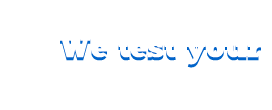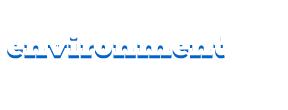Key Information about Indoor Air Quality

IAQ Problems
Inadequate ventilation is the most common culprit for IAQ problems, which includes poor circulation of interior air or the entrance of contaminated air from outside into the structure. There’s also an IAQ problem when there’s excess moisture in the air, which can cause mold, fungi, and lead and asbestos contamination issues during remodeling or construction. Chemicals such as carbon monoxide, ammonia, formaldehyde, ozone, and natural gas can also negative impact indoor air quality.
The Nose Knows
If there’s a funky, musty, damp odor that’s noticeable when you first enter a building, it probably has ventilation problems. Also if those who live or work in the building experience headache, fatigue or respiratory problems, it’s best to call H2 Environmental at (800) 524-3578 for a thorough evaluation right away.
What’s the Big Deal about Mold?
Many buildings have mold problems, but lots of people procrastinate getting it taken care of by experts. Mold can seriously affect people’s health, though – often directly causing eye irritation, allergic reactions, and respiratory problems. Those who have allergies are especially affected by mold problems.
Why Call in the Experts?
While you might be tempted to do a little DIY work, it’s best to call the experts at H2 Environmental because they are specifically licensed to accurately test, remove, and clean up problems that impact IAQ. There are many federal and state regulations that must always be followed, and proper equipment must be used at all times to ensure safety. Call now: (800) 524-3578.










